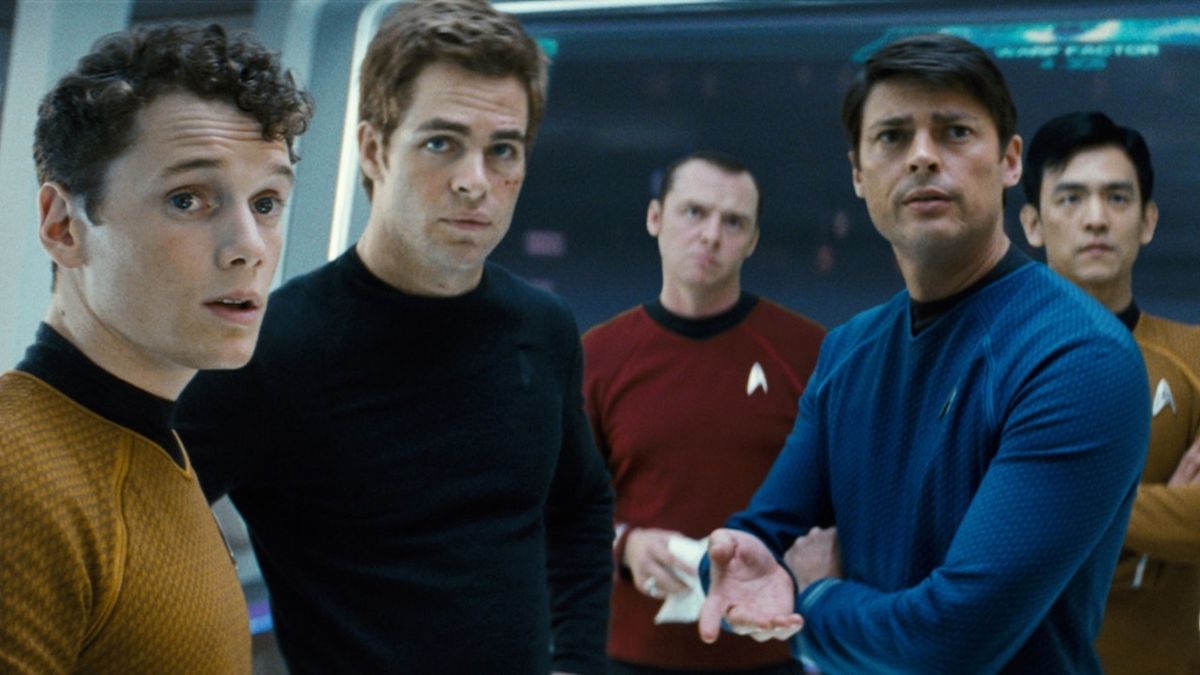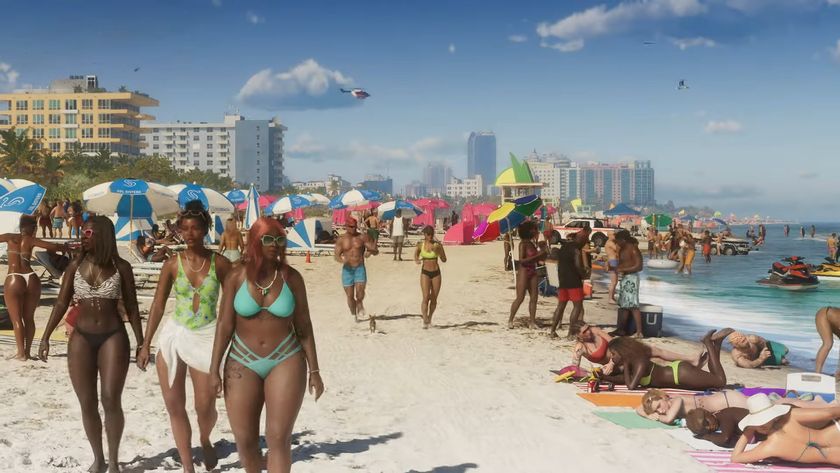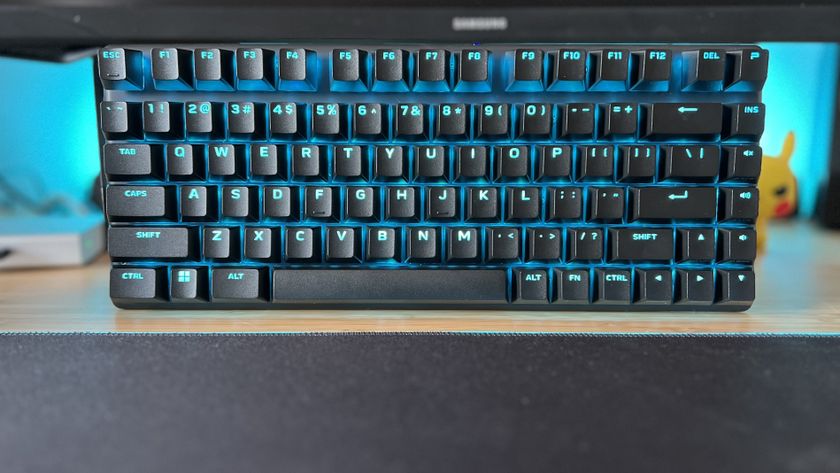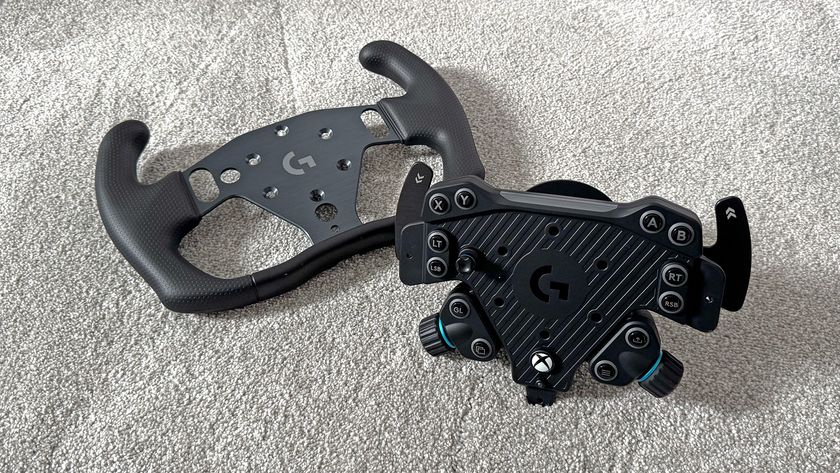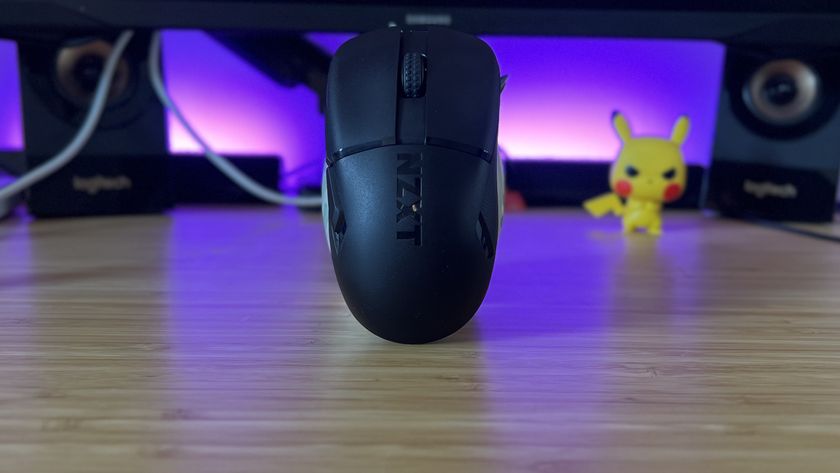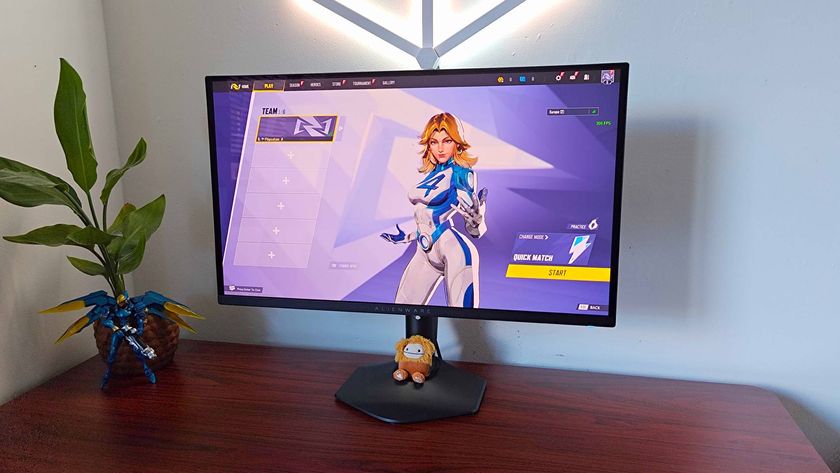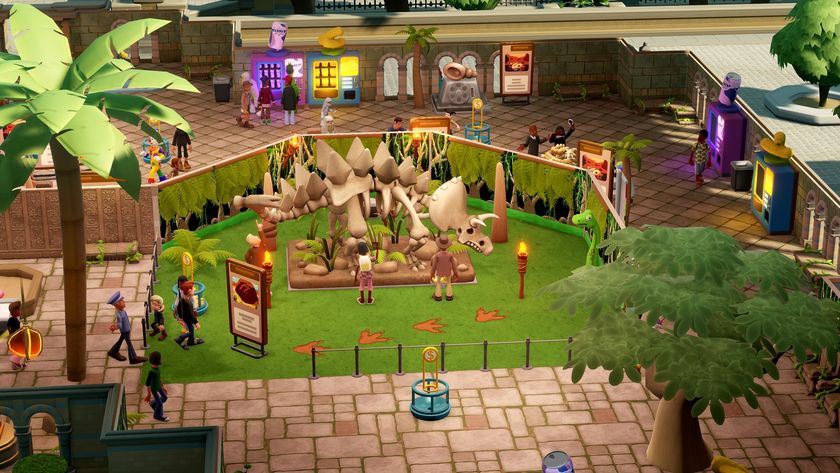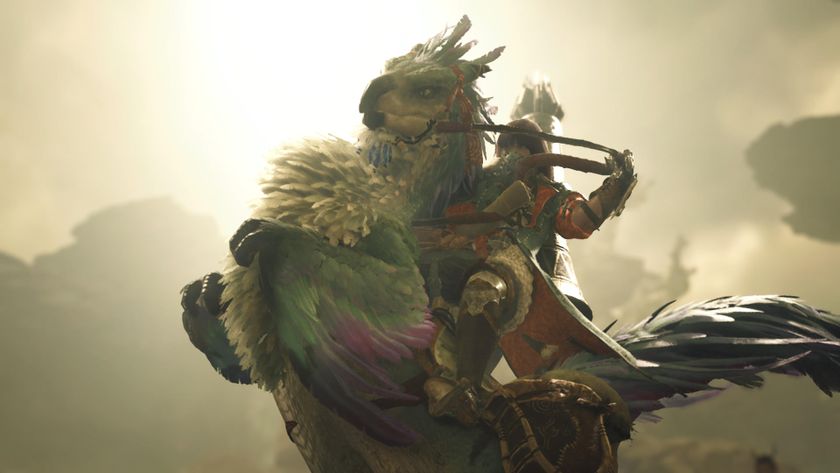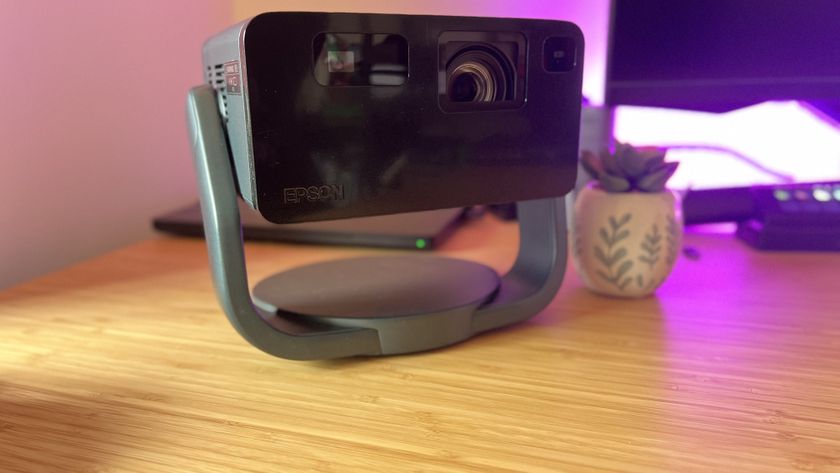Why you can trust 12DOVE
To reboot an age-old but dilapidated franchise, JJ Abrams had to please three distinct groups: the hard-core fans (forum dwellers, Klingon speakers, Trekkies/Trekkers/whatever); the general public (“Sci-fi schmi-fi, is it any good?”) and, yes, a studio with dollars in its eyes in search of a bankable franchise (“How broad can this play? Could the sequel be a Spider-Man 2, or even, gulp, a Dark Knight?”).
Boy, did Paramount pick the right director for the job. The nothing if not reliable Abrams has hit it out of the park, through the clouds and somewhere into hyperspace, delivering the first genuine blockbuster of the year and setting the benchmark for what’s to come.
An exhilarating, breathless, lavishly mounted adventure, it will appease all three pertinent parties (No mean feat – just ask Joss Whedon…).
Phasers are set to stunning in the pre-credit sequence, as we witness the birth of James Tiberius Kirk in the most dramatic of circumstances.
It’s a strikingly powerful opening and leaves you in no doubt: ass is going to be kicked. In quick succession, we see the young Kirk, all rebel without a cause; the student Spock, an angsty mix of conflicting human and Vulcan values; the Starfleet Academy; the Enterprise crew coming together; the Kobayashi Maru test and the first mission… and we’re not even a third in.
The warp-drive pace never lets up, but the excitement is always resolutely accessible. For the first time on the big screen, Trek has some of that original-trilogy Star Wars sparkle.
Like the ’60s TV show, the relationship between Kirk and Spock is pivotal. Spock’s the meatier of the two roles and Zachary Quinto is perfect, his youth perhaps offering a degree or two less gravitas than Leonard Nimoy (along for the ride in a time-bending twist) but his energy brings something new and compelling to the table – you feel the human/Vulcan, emotion/logic battle that rages within him more vividly than ever before.
Pine is also good in a pleasingly un-PC turn. He has the heavy-drinking, skirt-chasing hothead charm down to a tee, plus a young Shatner-esque (in a good way) comic charisma. If Quinto is the soul, Pine is the motor of the movie, his unabashed brashness propelling the story forward.
Again, his youthful demeanour may make him a tad more Luke than Han, but by sequel time, he should be just right. The dynamic between the two leads ebbs and flows precisely where it should: credit where it’s due to writers Roberto Orci and Alex Kurtzman (who seem to be having even more fun with Gene Roddenberry’s characters than they did with their Transformers script).
All the main crew get their turns. Zoe Saldana is a pleasingly-fleshed out Uhura (with maybe a touch of the Sydney Bristows about her) while Karl Urban is an instantly likeable, reassuringly grouchy Bones.
John Cho’s blade-wielding Sulu and Anton Yelchin’s thickly-accented Chekov are given brief moments to shine while Simon Pegg’s Scotty is knowingly calibrated to please the fanboys and offer comic relief.
Though he’s not the only one bringing the funny, Spock (both incarnations), McCoy, Uhura and co all dispensing decent quips that help warm up the sci-fi palette for a broader popcorn-munching audience.
Compare this with, say, the recent Bond and Trek’s light touch is particularly welcome. Again, not since Star Wars IV-VI has a sci-fi flick had such a, well, likeable tone.
Visually the film has a flair (and indeed flares) that give a hitherto unseen sheen to the Trek universe. When it needs to hit warp speed, it does, with an almost balletic Enterprise pirouetting through battle debris in one scene and plenty of firepower in the space skirmishes.
In general, the design is slick but on the right side of flashy, and Abrams wisely keeps geek-pleasing elements in the frame, but never in the foreground.
Stylistically, short skirts are a few inches less short than their ’60s counterparts, phasers not as clunky, teleportation a tad less synthy. All minor but telling adjustments in this measured, confident reboot.
If there are flaws, they are relatively minor. The young, vibrant cast generate a lot of heat but perhaps not a great deal of smarts (Quinto excepted). Eric Bana’s nefarious Nero – a time-hopper out for bitter revenge – gets the job done but hardly looms as large as a Vader or Khan, depriving the drama of the heft and emotional wrench a more compelling ‘big bad’ could provide.
You could also argue that the overarching reach and soulful optimism of Gene Roddenberry’s vision is not quite there (although with sequels, it should come), leaving the ‘message’ of the film a slightly garbled one about seizing your destiny and fulfilling your potential.
Nonetheless, make no mistake: this really is Star Trek: The Movie, the biggest, boldest cinematic outing the franchise has yet seen. Hardcore fans may suggest it’s “not as good as Khan” but the rest of us (and the box office) will tell a different story.
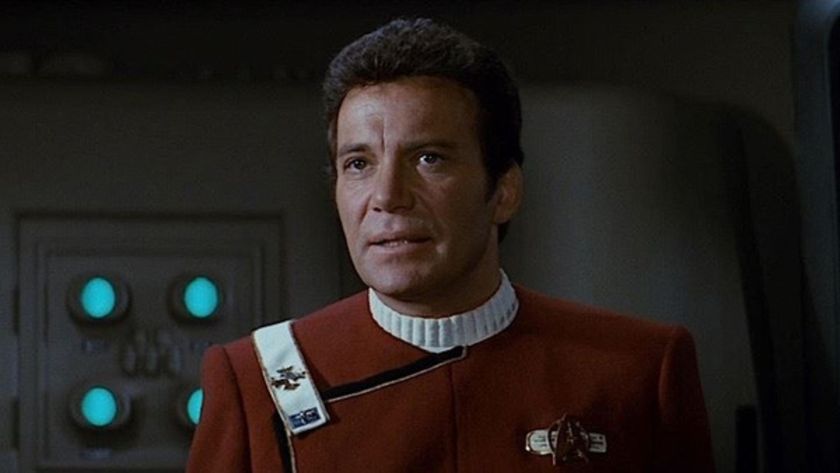
William Shatner was "so impressed" by a Star Trek writer's idea for a new Captain Kirk return that he's ready to give them a shot: "I'm awaiting a pitch"
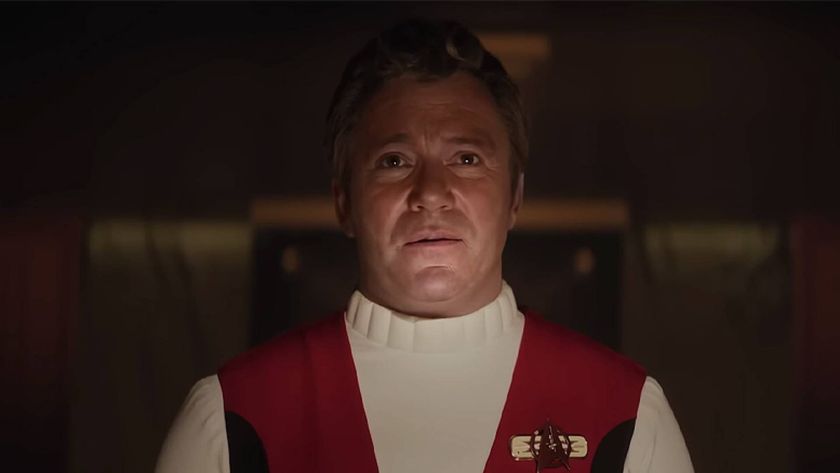
William Shatner 'returns' as Captain Kirk in emotional new Star Trek short film, and it might be one of the best examples of de-aging we've seen yet
